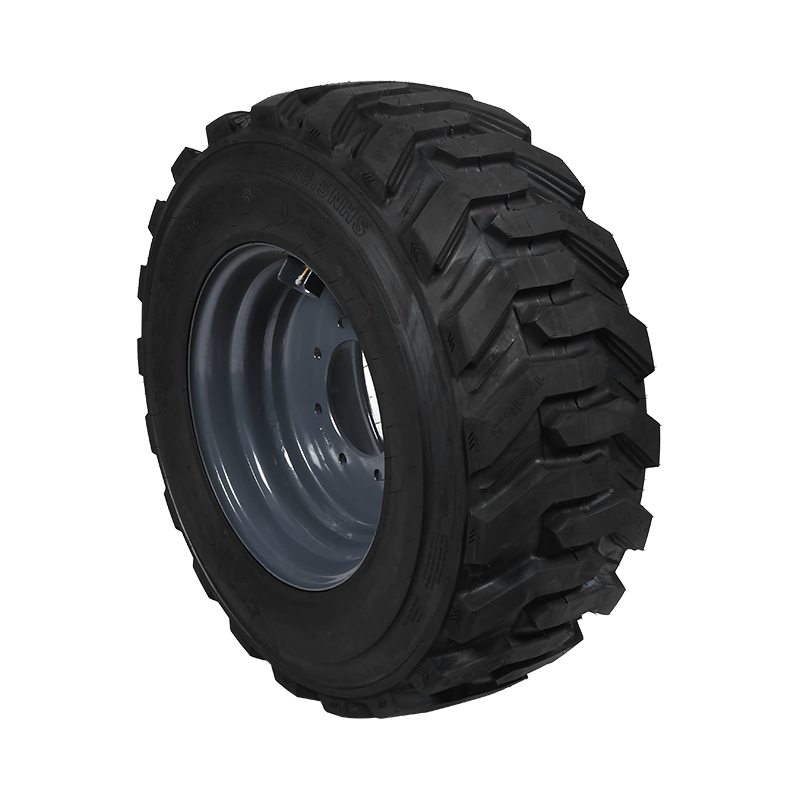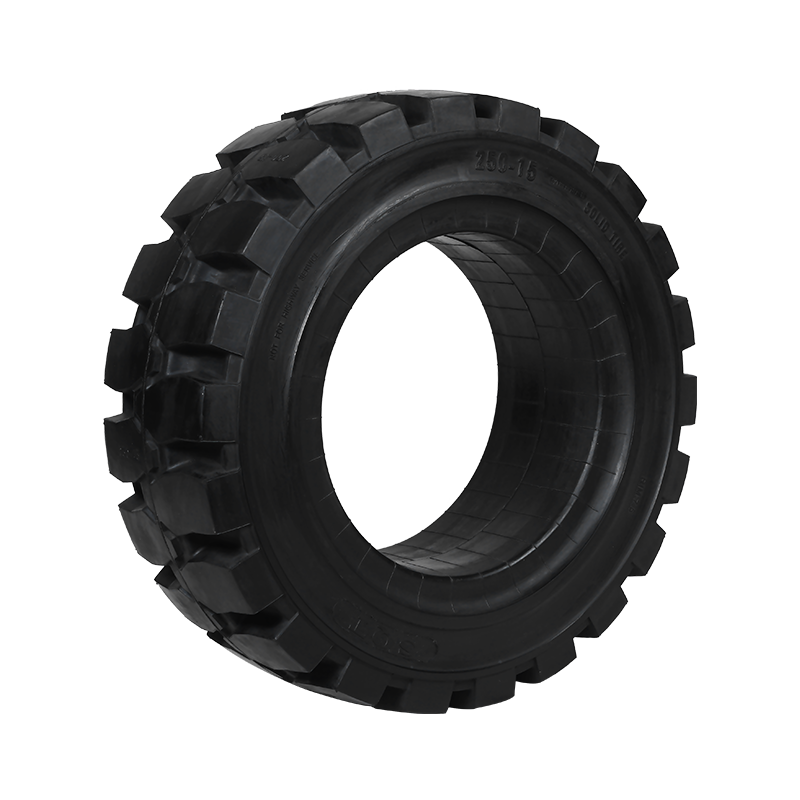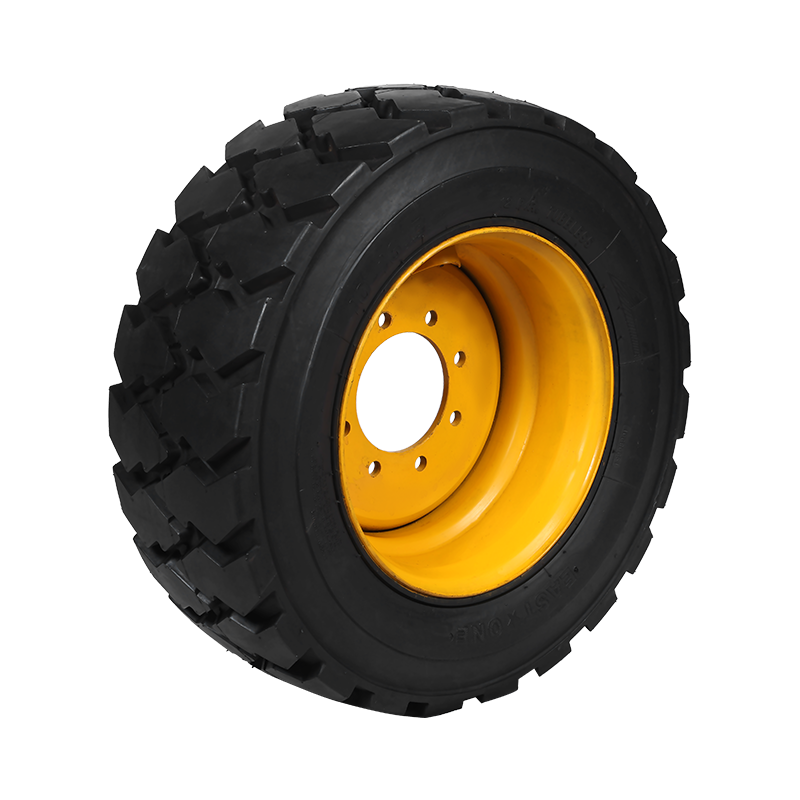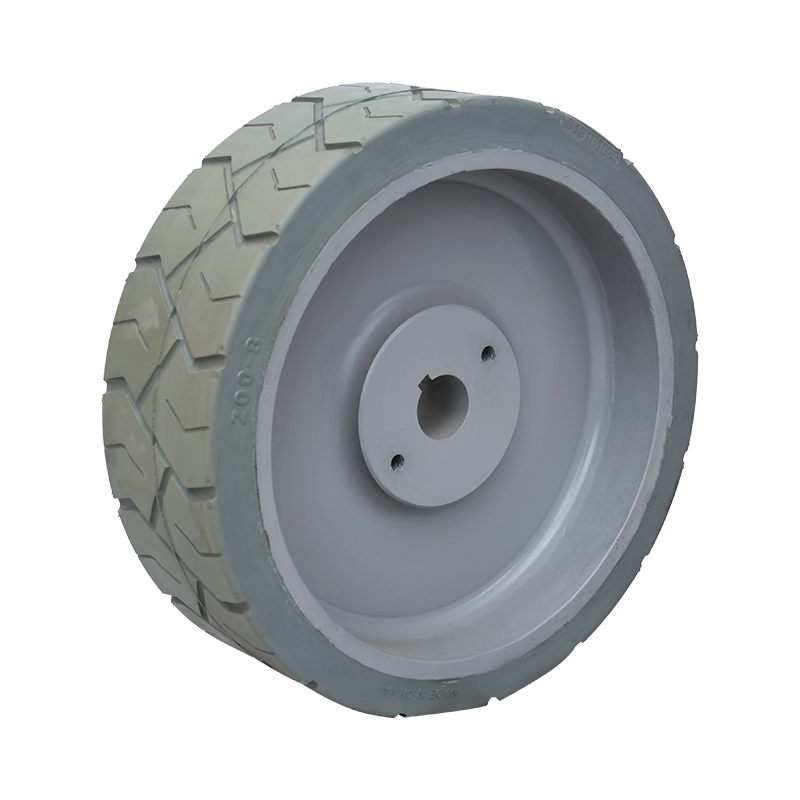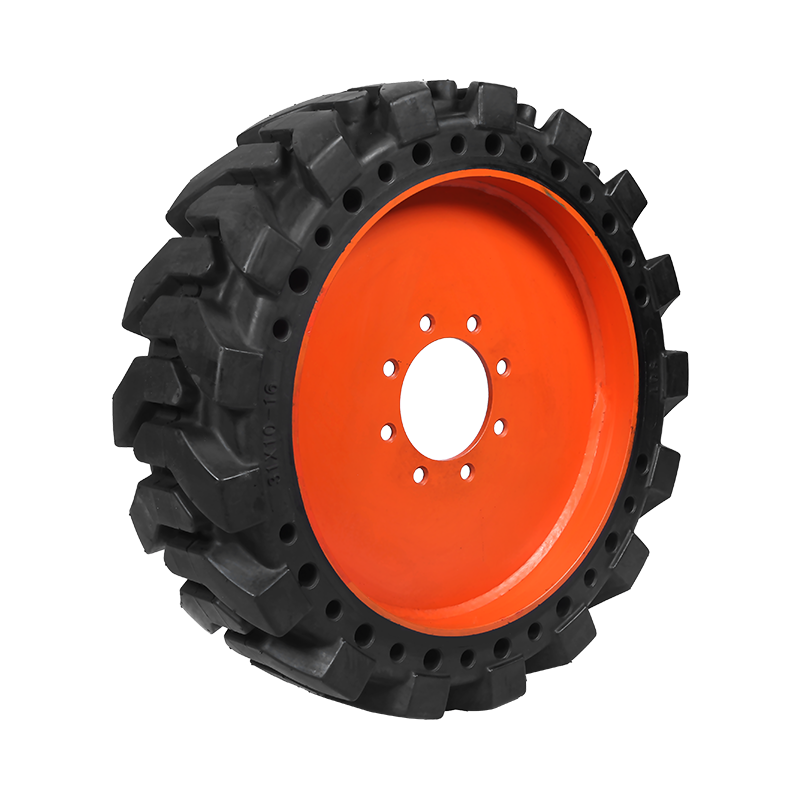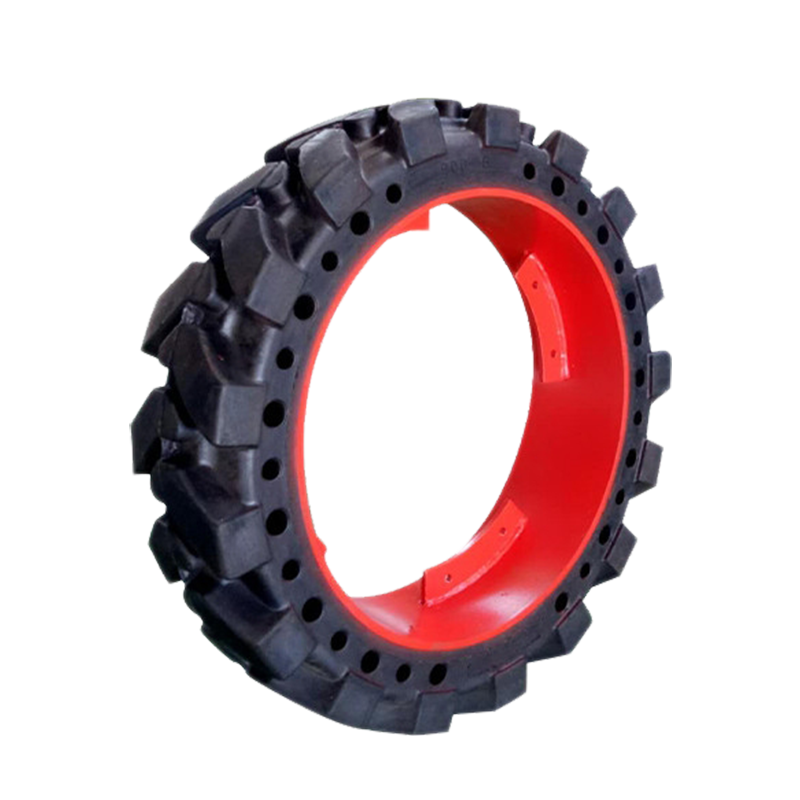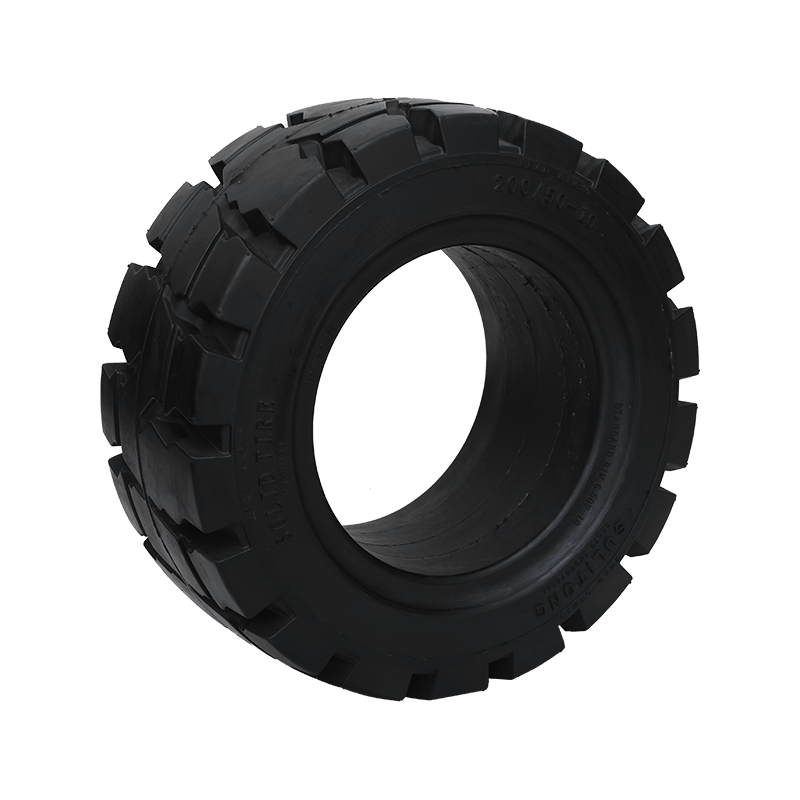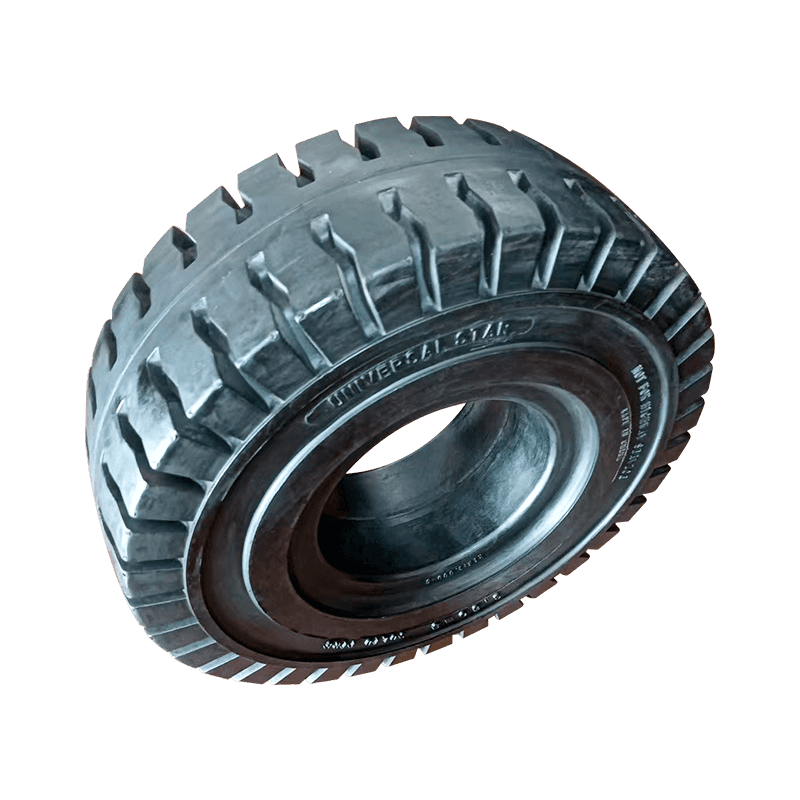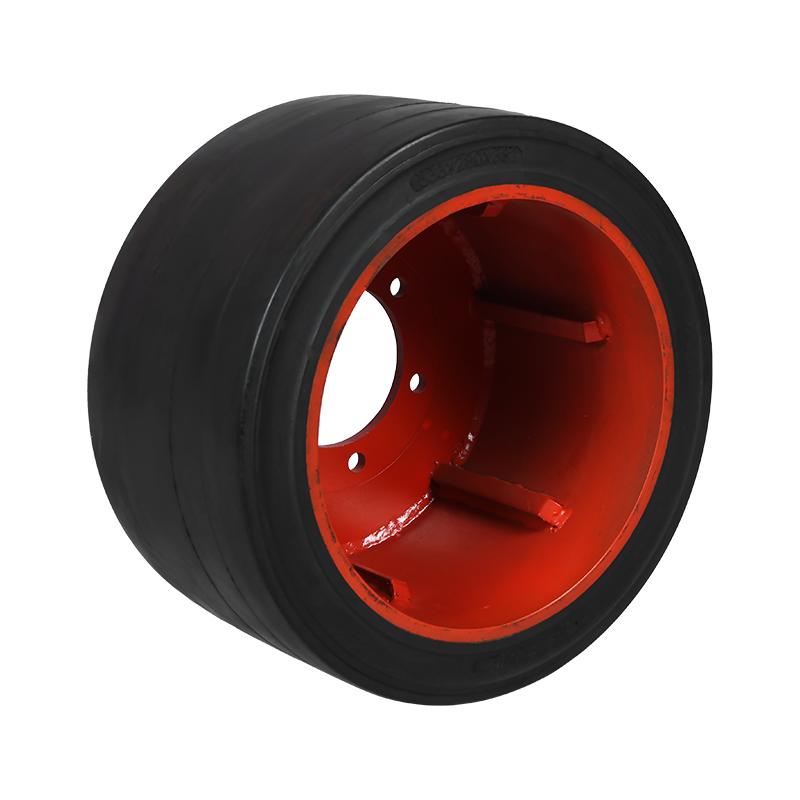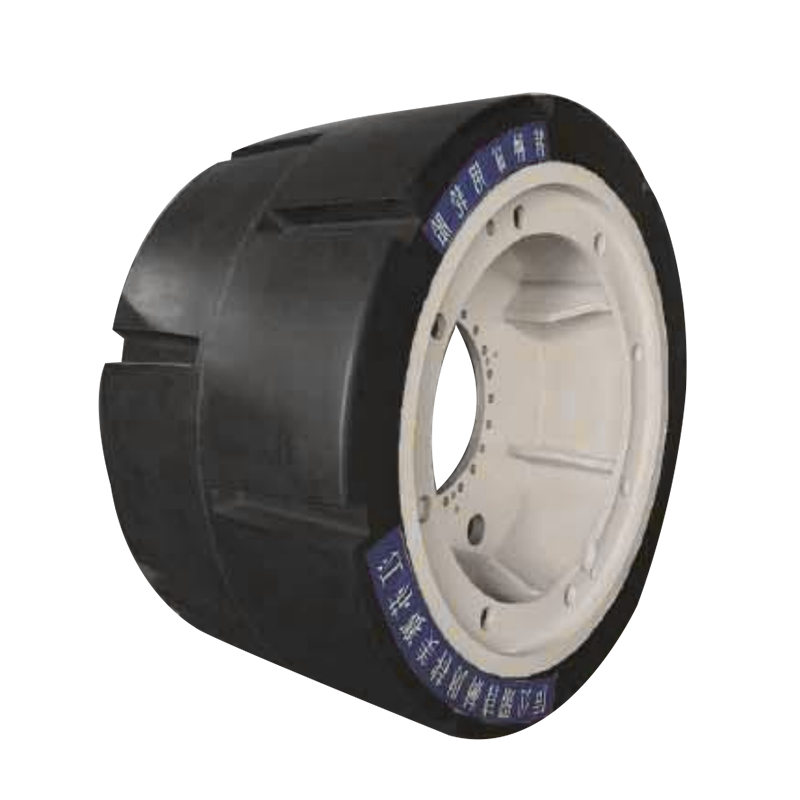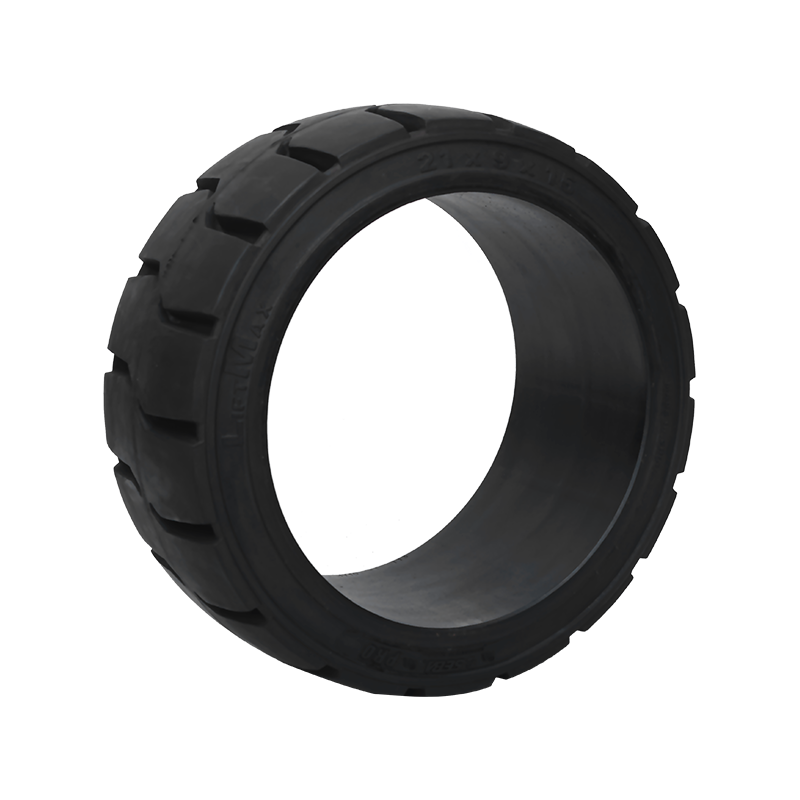The Unflappable Workhorse: A Deep Dive into Foam-Filled Tires
For countless industries, from construction and mining to agriculture and material handling, a flat tire isn’t just an inconvenience—it’s a critical failure that can halt operations, jeopardize safety, and cost thousands in lost productivity. In these demanding environments, the traditional air-filled pneumatic tire, with its inherent vulnerability to punctures, simply doesn’t cut it. This is where the foam-filled tire emerges as a game-changing solution, a technological advancement that has been quietly revolutionizing heavy-duty equipment for over 50 years.
What Are Foam-Filled Tires?
At its core, a foam-filled tire is a standard pneumatic tire that has had its air replaced with a specially formulated two-part polyurethane liquid. This liquid is injected into the tire’s casing through the valve stem and, over a period of 24 to 48 hours, cures into a solid, resilient elastomer. The result is a tire that is completely impervious to flats, as there is no air to leak out. This process, often referred to as “tire flatproofing,” gives the tire the puncture resistance of a solid tire while retaining the performance and ride characteristics of a pneumatic one.
The Benefits of Foam-Filled Tires
The advantages of foam-filled tires extend far beyond simply preventing flats. They offer a comprehensive solution that improves safety, efficiency, and the overall longevity of heavy machinery.
- 100% Flat-Proof Reliability: This is the most significant benefit. In environments littered with sharp debris like nails, glass, and metal scraps, foam-filled tires provide peace of mind and eliminate costly downtime associated with tire punctures and repairs.
- Enhanced Stability and Traction: By replacing the air with a dense foam, the tire’s weight is increased, particularly at the pivot point of the equipment. This added ballast can significantly improve stability and traction, especially for skid steers, tractors, and other equipment that operates on uneven or slippery terrain.
- Improved Ride Quality: Unlike solid rubber tires, which can transmit jarring vibrations to the machine and operator, foam-filled tires retain a certain level of flexibility and give. They absorb shock and provide a ride that is much closer to that of a traditional air-filled tire, reducing operator fatigue and wear and tear on the equipment’s suspension.
- Consistent Performance: Air-filled tires can lose pressure over time due to slow leaks or changes in temperature, leading to inconsistent performance and premature wear. Foam-filled tires maintain a constant “pressure” and deflection, ensuring optimal performance and a consistent tire footprint throughout their service life.
- Extended Tire Life: By eliminating the risks of underinflation, flats, and sidewall damage from punctures, foam-filled tires can often outlast their air-filled counterparts, maximizing the return on investment.
A Professional Choice for Demanding Applications
While foam-filled tires offer undeniable benefits, they are not a universal solution. They are specifically designed for low-speed, high-risk applications where flat tires are a major concern. Industries that heavily rely on them include:
- Construction and Demolition: Operating over rebar, nails, and other sharp site debris.
- Waste and Recycling: Navigating scrap yards and waste transfer stations where punctures are a constant threat.
- Mining and Quarry Operations: Handling heavy loads on rough, rocky terrain.
- Agriculture: Working in fields and on farms where machinery is exposed to thorns, rocks, and farm implements.
Foam-filled tires are an investment, with a higher initial cost than standard pneumatics. However, for businesses that prioritize productivity and safety, the long-term savings from reduced downtime, eliminated repair costs, and extended tire life make them an incredibly cost-effective solution. They are a testament to the fact that in the world of heavy industry, a small change in tire technology can lead to a monumental impact on an entire operation.
CONTACT US
-

Email: SMT001@saimeite-tyre.com
-

Phone: +86-18451337018No. 1, Renmin South Road, Yandu District, Yancheng City, Jiangsu Province, China

 English
English 한국어
한국어 Français
Français Español
Español
